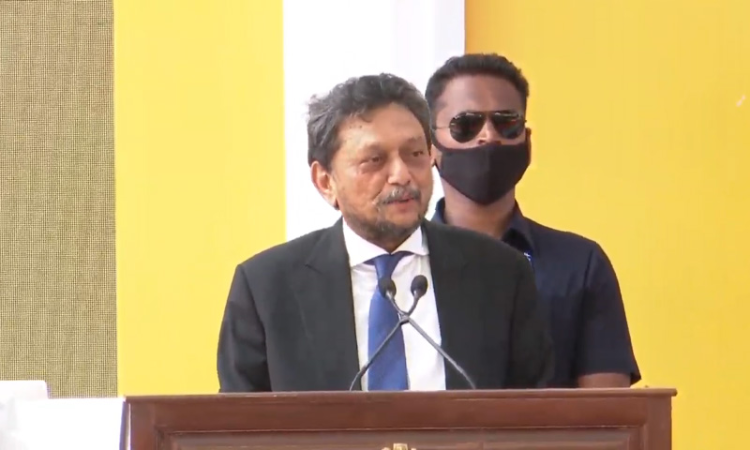Intellectuals Should See How The Uniform Civil Code Works In Goa - CJI Sharad Bobde
Sharmeen Hakim
27 March 2021 4:47 PM IST

Next Story
27 March 2021 4:47 PM IST
Chief Justice of India, Sharad Arvind Bobde, on Saturday urged academics to watch how the Uniform Civil Code governs all Goans on issues of marriage and succession, irrespective of their religion. Speaking at the inauguration ceremony of the new Bombay HC building at Goa, the CJI said that the legacy of the administration of Justice at Goa, which spans four and a half centuries, must...
